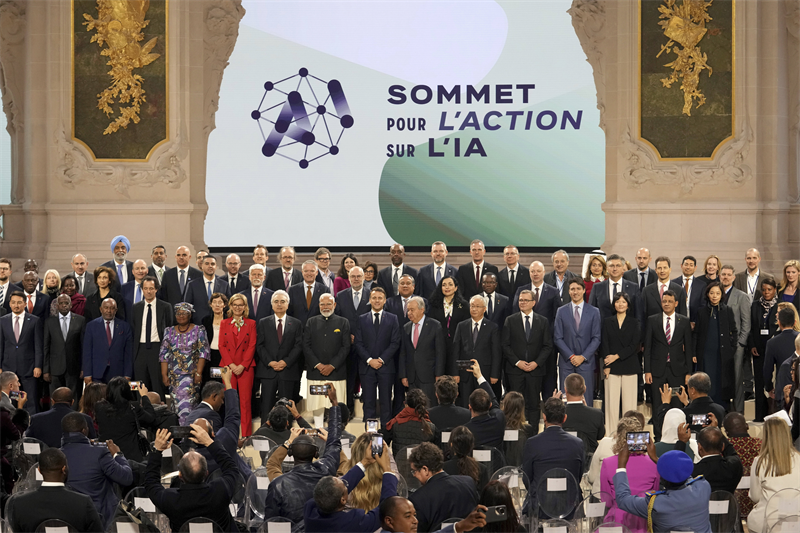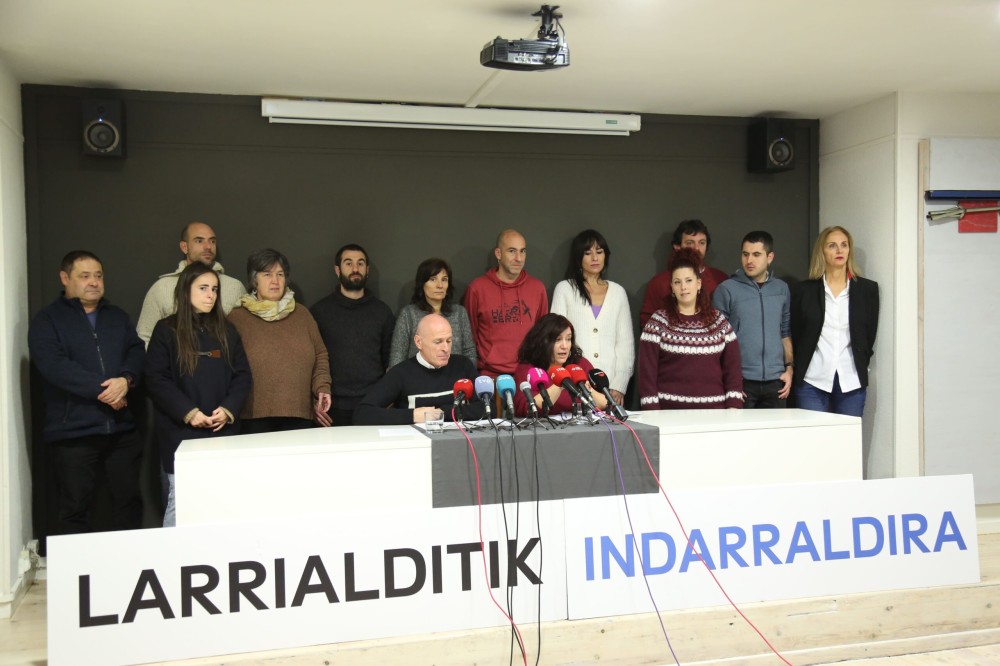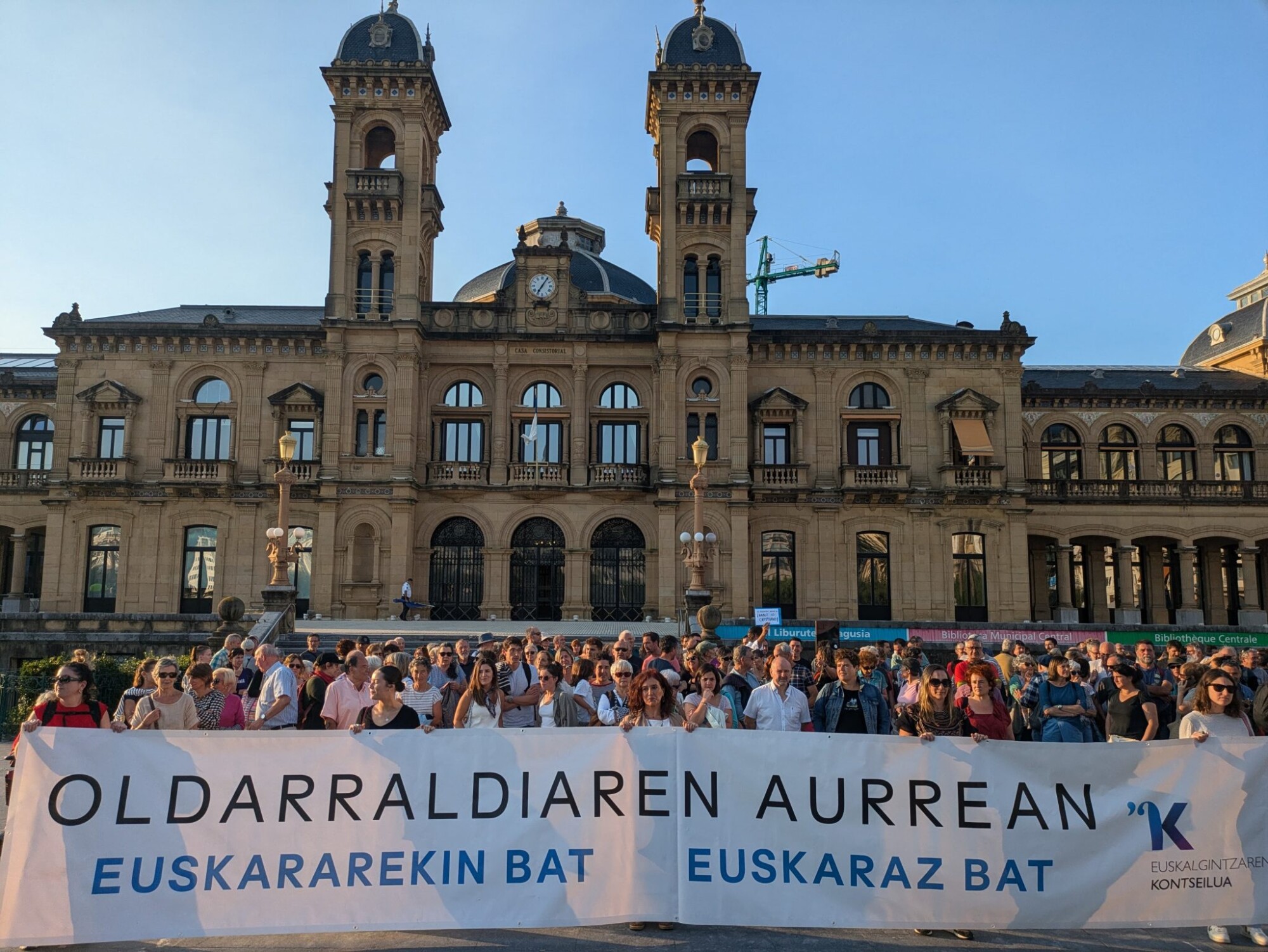The maternity of
- Jasone Osoro ::Two pink stripes The House of Applause pages in::120 The price: 15€
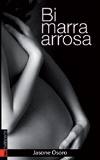
If the women’s literature has been a omission, let alone that of motherhood, because the mothers have not written it. Like Woolf said, not even time for it. His daughters have written, and this chronicle is welcome from there, because denial and silence do no one any good, and the more they reflect on matters that do not exist, the better.
Feminist criticism of motherhood has always exposed two unmarried currents. From the feminism of equality, motherhood is often seen as the mutilation of women. On the contrary, from the feminism of difference, as a great thing, as something that makes us different. It was Adrianne Riche who wanted to combine the two, who praised motherhood as an experience, but at the same time, who envisioned motherhood as an institution as a necessary structure for the patriarchy to function together with heterosexism.
I think from the point of view of equality, or from the fraudulent environment of being a mother, Arantxa Iturbe offered us an essay as simple as beautiful Ay, mother! With the essay. In addition to making her laugh, Arantxa gave voice to the reality of motherhood. And with the reading of Arantxa I hardened myself on the fraud and not only laughed, but I enjoyed it immensely. On the other hand, when I read Osoro’s, I was reminded of television advertising based on the same title. Maybe he hasn't told me anything new, if not, when Lander Garro puts his humorous point in the epilogue with his paternity experience. Osoro offers us his life experience, peppered with illusion and fear, but the brave author of the novel Greta has not been represented in these pages.
Marina Subirats and/or Dolores Juliano said long ago that the models of traditional coexistence, that is, the traditional family, have become old. And that today a thousand other colors have been launched, so much so that the traditional one does not work. I also think that motherhood has changed radically, that different motherhoods have been created, so we could see different mothers: those who are the mothers of the children of the couple, of homosexuals, adopted... Therefore, the discourse is demanding other ways, because motherhood is taking its base on other experiences.
Finally, as a mother, I would ask Osoro to write with pleasure about motherhood ten years from now, and that I, once again, if I live, will not only read with pleasure, but reflect.
Gabonetako argiak pizteko ekitaldia espainolez egin izanak, Irungo euskaldunak haserretzeaz harago, Aski Da! mugimendua abiatu zuen: herriko 40 elkarteren indarrak batuta, Irungo udal gobernuarekin bildu dira orain, alkatea eta Euskara zinegotzia tarteko, herriko eragileak... [+]
Irailaren 9ra gibelatu dute Kanboko kontseiluan gertatu kalapiten harira, hiru auzipetuen epaiketa. 2024eko apirilean Kanboko kontseilu denboran Marienia ez hunki kolektiboko kideek burutu zuten ekintzan, Christian Devèze auzapeza erori zen bultzada batean. Hautetsien... [+]
Oinarrizko maia komunitateko U Yich Lu’um [Lurraren fruitu] organizazioko kide da, eta hizkuntza biziberritzea helburu duen Yúnyum erakundekoa. Bestalde, antropologoa da, hezkuntza prozesuen bideratzaile, eta emakumearen eskubideen aldeko aktibista eta militante... [+]
Zer jakin behar dut? Norekin erlazionatu behar dut? Non bizi behar dut? Ardura horiekin gabiltza gizakiok gure gizarteen baitan bizitza on baten ideia bizitzeko bidean. Ondo erantzuten ez badakigu, bazterretan geratuko garen beldurrez.
Joan den astean, kanpoan geratzearen... [+]







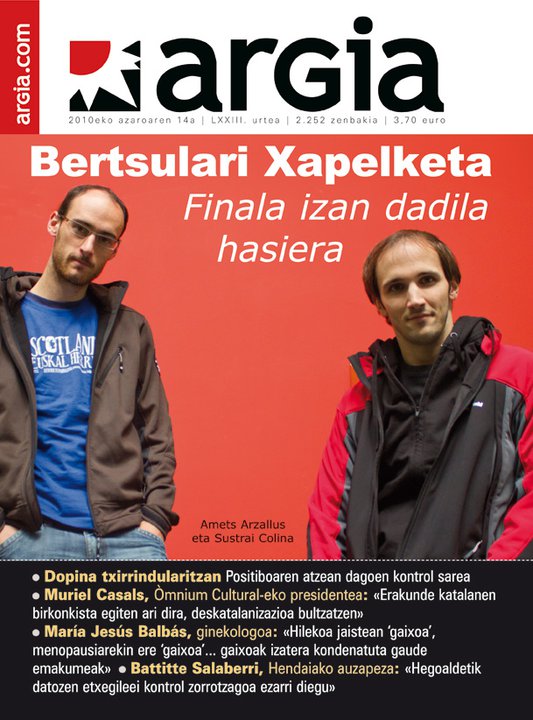



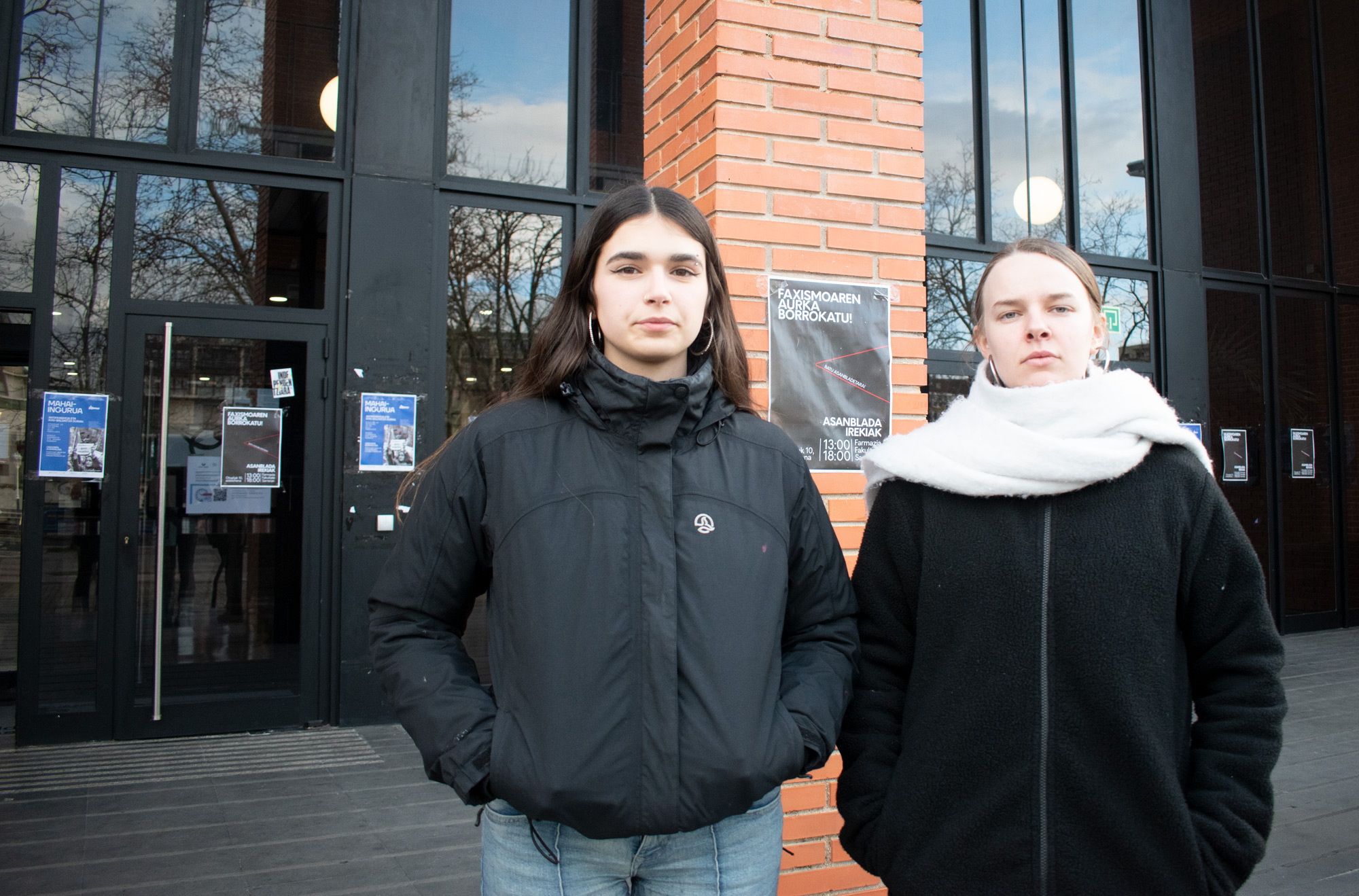
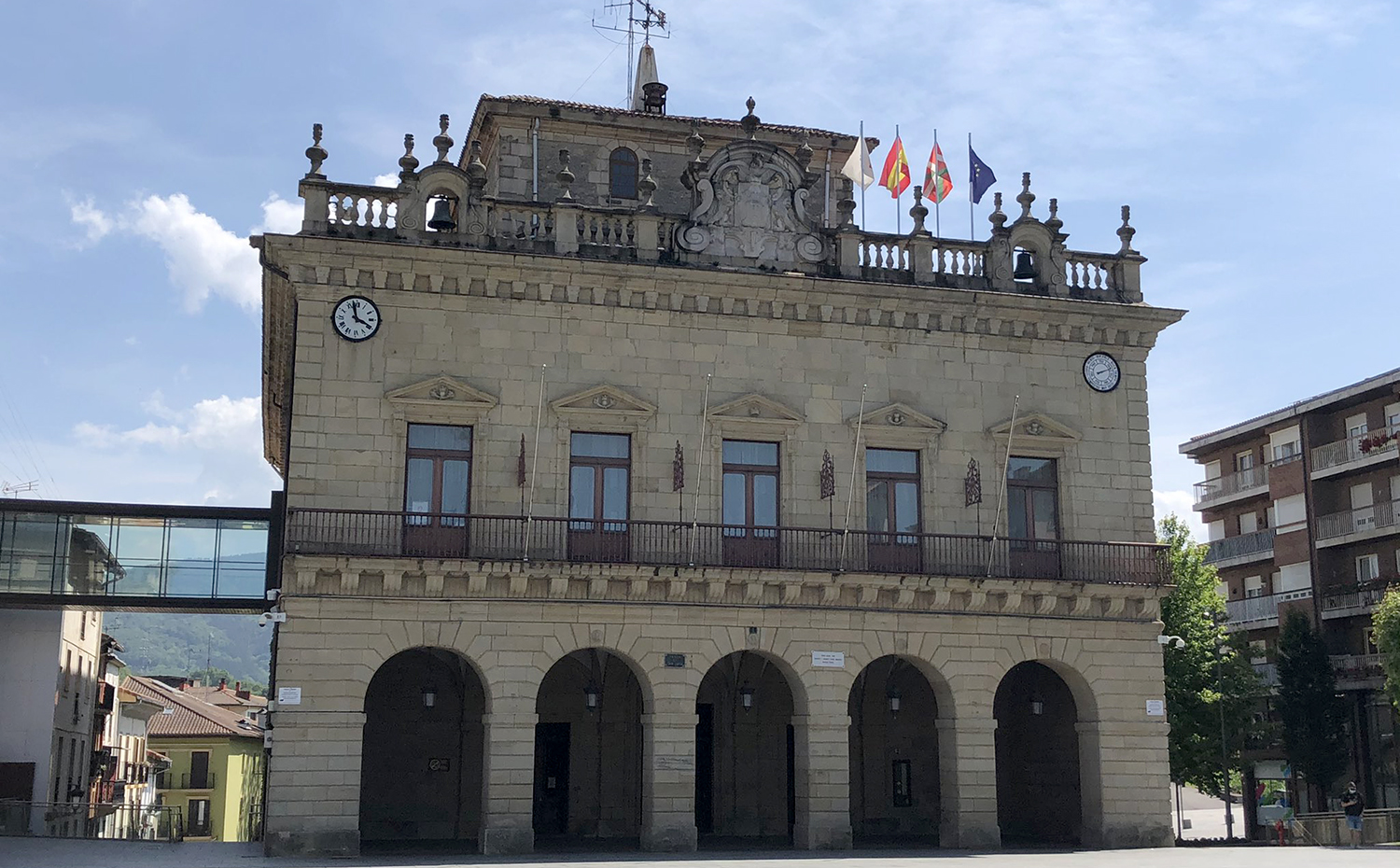

_2.jpg)




